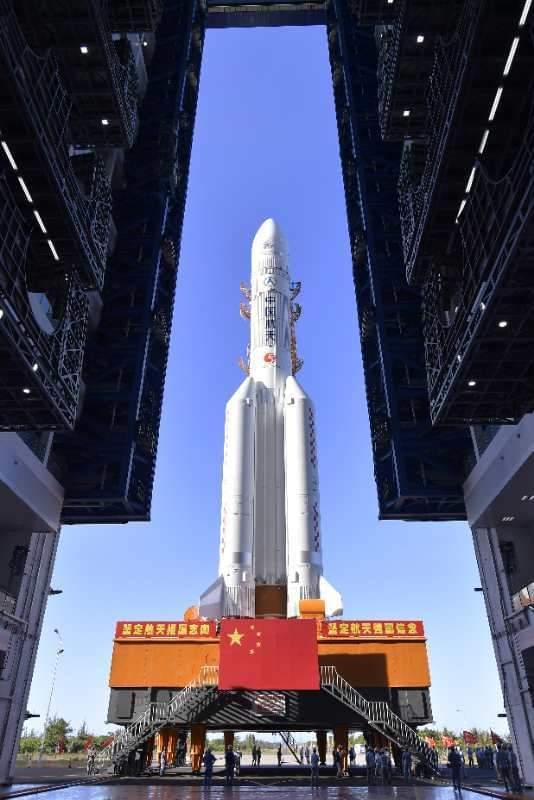
CHM_Jc
No personal profile
107Follow
26Followers
0Topic
0Badge
Trap
Cryptos Just Puked...
$Meta Materials Inc.(MMAT)$hodl it, if really want sale, sale partially in high price.
$Meta Materials Inc.(MMAT)$Hodl tight!!!???
$Meta Materials Inc.(MMAT)$last call.
Great ariticle, would you like to share it?
Tencent Music earnings beat estimates on subscriber, ad boost
$Meta Materials Inc.(MMAT)$Some nees
$TRCHN(TRCHN)$just wait things will come later.
When foreign investor was escaped, china united thrown in lot of funds
Hot Chinese concept stocks continued to rebound in premarket trading
$Meta Materials Inc.(MMAT)$wait for second wave.
It's bullish market, fund managers hard find cheaper stocks if no crash
This one signal says a stock market correction may be on the way
While small cap stocks down, It does not benifit to the market overall
Sorry, the original content has been removed
Go middle and long your stock investments.
The bull market in stocks may last up to five years — here are six reasons why
$Torchlight Energy Resources(TRCH)$Short seller starting buy back, keep patients and hold it.
The Bull is running
Toplines Before US Market Open on Friday
Still early. Don't Bluff.
Why Tesla stock is getting left in Ford's and GM's dust
High growth tech stock prices keep surge
3 Meme Stocks Wall Street Predicts Will Plunge More Than 20%
Nio is shining star while Tsla is overpass
NIO Is Winning
Not a big issues for long term investor.
Sorry, the original content has been removed
Much cheaper than Tsla
Sorry, the original content has been removed
Dream short more realistic
Sorry, the original content has been removed
Go to Tiger App to see more news